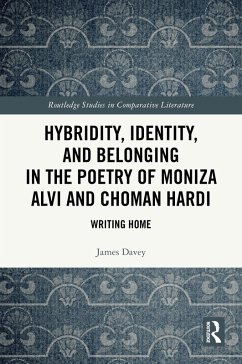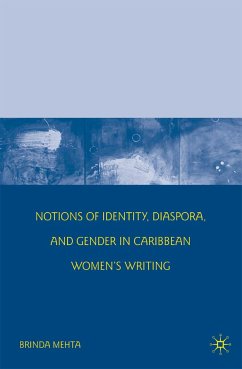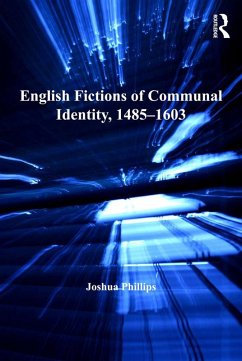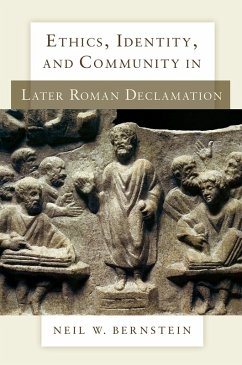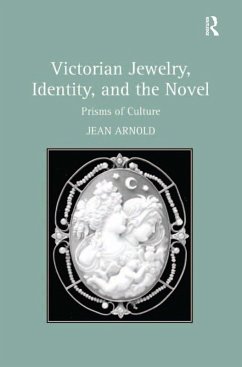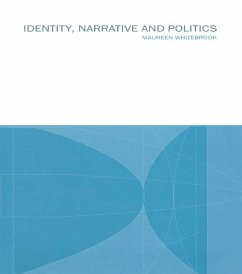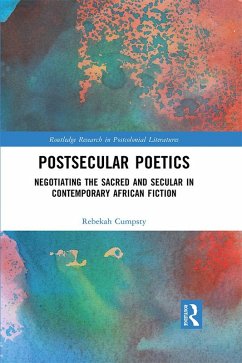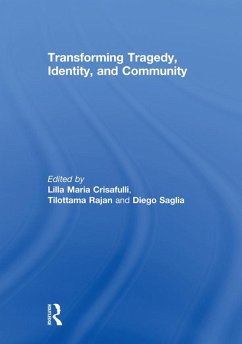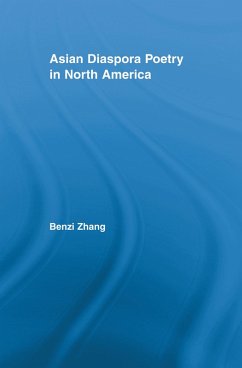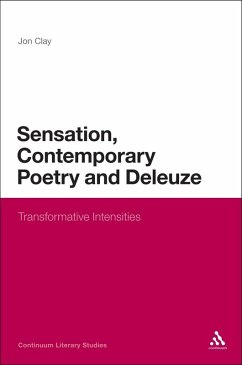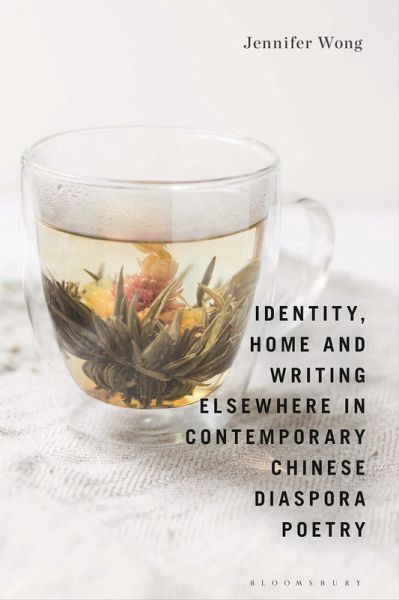
Identity, Home and Writing Elsewhere in Contemporary Chinese Diaspora Poetry (eBook, PDF)

PAYBACK Punkte
12 °P sammeln!
An exploration of the burgeoning field of Anglophone Asian diaspora poetry, this book draws on the thematic concerns of Hong Kong, Asian-American and British Asian poets from the wider Chinese or East Asian diasporic culture to offer a transnational understanding of the complex notions of home, displacement and race in a globalised world. Located within current discourse surrounding Asian poetry, postcolonial and migrant writing, and bridging the fields of literary and cultural criticism with author interviews, this book provides close readings on established and emerging Chinese diasporic poe...
An exploration of the burgeoning field of Anglophone Asian diaspora poetry, this book draws on the thematic concerns of Hong Kong, Asian-American and British Asian poets from the wider Chinese or East Asian diasporic culture to offer a transnational understanding of the complex notions of home, displacement and race in a globalised world. Located within current discourse surrounding Asian poetry, postcolonial and migrant writing, and bridging the fields of literary and cultural criticism with author interviews, this book provides close readings on established and emerging Chinese diasporic poets' work by incorporating the writers' own reflections on their craft through interviews with some of those featured. In doing so, Jennifer Wong explores the usefulness and limitations of existing labels and categories in reading the works of selected poets from specific racial, socio-cultural, linguistic environments and gender backgrounds, including Bei Dao, Li-Young Lee, Marilyn Chin, Hannah Lowe and Sarah Howe, Nina Mingya Powles and Mary Jean Chan. Incorporating scholarship from both the East and the West, Wong demonstrates how these poets' experimentation with poetic language and forms serve to challenge the changing notions of homeland, family, history and identity, offering new evaluations of contemporary diasporic voices.




